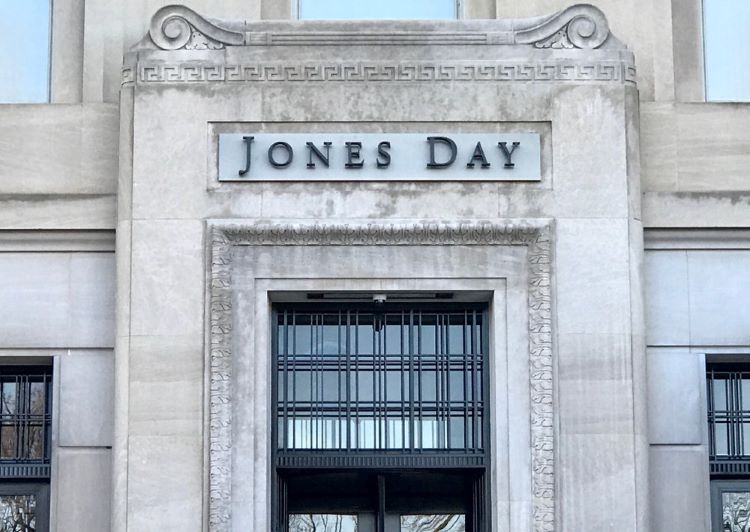Wells Fargo’s ‘willful blindness’ enabled former lawyer’s fraud, victims’ suit alleges
Banking Law
Wells Fargo’s ‘willful blindness’ enabled former lawyer’s fraud, victims’ suit alleges
March 7, 2024, 8:54 am CST
A former San Antonio lawyer was able to steal millions of dollars from his clients because of Wells Fargo’s “avarice and greed” and “intentional disregard of banking regulations.” (Image from Shutterstock)
Updated: A former San Antonio lawyer was able to steal millions of dollars from his clients because of Wells Fargo’s “avarice and greed” and “intentional disregard of banking regulations,” according to a lawsuit filed Monday.
Wells Fargo Bank allowed now-convicted lawyer Christopher John Pettit of San Antonio, who was identified as a high net-worth customer, to open a New Mexico lawyer’s trust account, even though he was not licensed in the state, according to a victims’ suit filed in federal court in the Western District of Texas.
After the New Mexico account remained dormant for four years, Wells Fargo went on to accept tens of millions of dollars of deposits starting in April 2021. The funds were then commingled and dissipated, the suit says, as money was withdrawn in cash, transferred to Pettit’s personal accounts, used to pay Pettit’s mortgage held with Wells Fargo, transferred to another bank, and sent to a PayPal account regularly used to buy video games.
Wells Fargo disregarded its policies, federal banking regulations and New Mexico law regulating trust accounts, according to allegations in the suit. The bank’s conduct “viewed in the best light constitutes grossly negligent willful blindness,” the suit says.
Wells Fargo looked the other way, the suit says, “because Pettit showed great potential for running millions, if not billions of dollars through the accounts he controlled at Wells Fargo.”
Law360 covered the suit.
Pettit was sentenced to 50 years in prison in February for engaging in a “Ponzi-type scheme” that resulted in an estimated loss to his victims of between $20 million and $65 million.
Pettit obtained money from clients that he promised to use for trust accounts, bond investments and like-kind property exchanges. He then used the money to pay client debt and to support his “extravagant lifestyle,” prosecutors said.
Pettit gave up his law license in 2022 and filed for bankruptcy the same year.
The plaintiffs in the Wells Fargo suit are four people and a living trust who say their total loss was more than $5.2 million. In a footnote, the suit says Pettit opened more than 150 bank accounts across the country, but “this tale involves only those accounts located at Wells Fargo.”
The suit alleges knowing participation in breach of fiduciary duty, knowing participation in the perpetration of fraud, negligence and gross negligence, and violation of the Texas Theft Liability Act.
Wells Fargo gave this statement to the ABA Journal: “It is unfortunate that Mr. Pettit engaged in fraudulent conduct, but Wells Fargo is not responsible for his actions and intends to defend against this litigation.”
The suit is Verstuyft v. Wells Fargo Bank.
Updated March 7 at 11:25 a.m. to add the statement by Wells Fargo.






